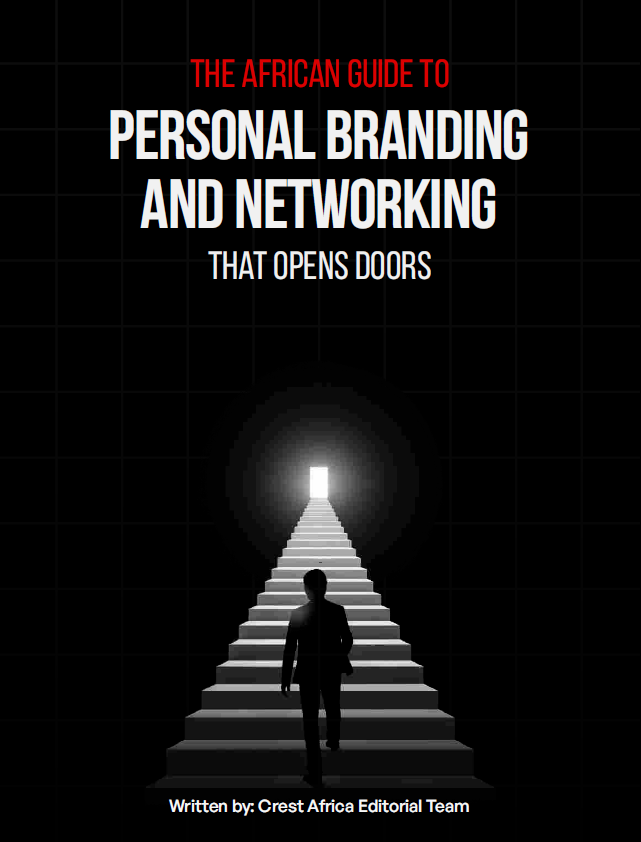South African President Cyril Ramaphosa has announced that his government’s latest infrastructure drive has attracted a record R238 billion (about $13.3 billion) in investment, a significant boost for Africa’s most industrialized economy as it battles years of neglect, inefficiency, and underinvestment.
Speaking at an infrastructure summit in Cape Town, Ramaphosa unveiled an ambitious pipeline of around 250 new construction projects set to launch in the fiscal year beginning April 1.
These projects span critical sectors including energy, roads, and water, areas that have suffered most from chronic underdevelopment.
“Infrastructure is the flywheel that our economy needs to boost growth and to create jobs,” he said.
“Infrastructure that is well constructed and maintained encourages investors to see our country as a great investment destination.”
Ramaphosa painted a hopeful picture of economic renewal through development, stating, “We will turn South Africa around and make it a true construction site, but a beautiful site for all to behold.”
The National Treasury has committed R1.03 trillion over the next three years to public infrastructure, part of a broader plan to pull in additional funding from private investors. But unlocking that capital remains an uphill battle.
Deputy Finance Minister Ashor Sarupen acknowledged ongoing challenges, noting that the country’s public-private partnership framework is overly complex and still viewed with skepticism due to concerns around corruption and governance.
“It’s too convoluted,” he said, adding that the government must simplify the system if it hopes to win investor confidence.
Despite being home to Johannesburg, the continent’s wealthiest city by concentration of millionaires and businesses, South Africa is grappling with a major infrastructure crisis.
A recent report from Business Insider Africa estimates Johannesburg alone needs R221 billion ($12 billion) to address deteriorating services.
Residents frequently face rolling blackouts due to a failing power grid, inconsistent water supply, and unrepaired potholes.
Ramaphosa has been candid about the scale of the crisis, estimating that South Africa will require as much as R1.6 trillion in public investment and another R3.2 trillion from private sources to meet infrastructure goals by 2030.
In March, the government partnered with the World Bank on a $3 billion plan to restore essential infrastructure in eight of the country’s largest cities. For now, the R238 billion in new commitments signals cautious optimism.
But as Ramaphosa’s government seeks to make good on its promise to transform the country into a functioning “construction site,” the true test will be whether the money turns into lasting, visible change.



